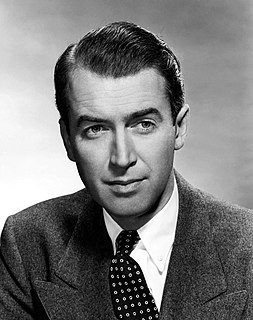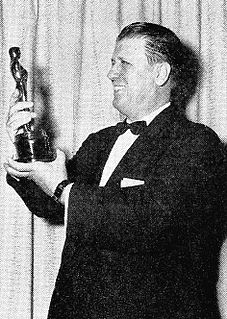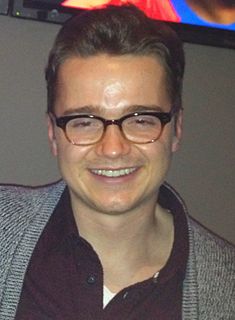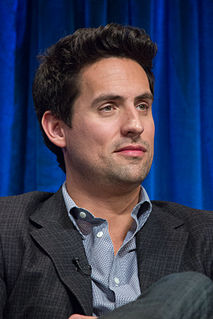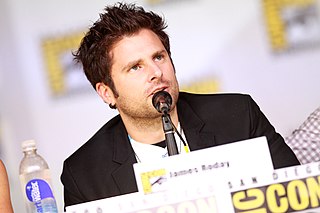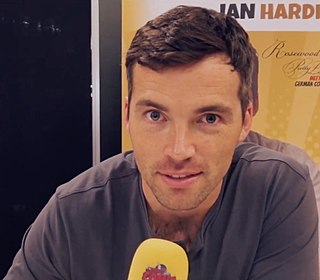A Quote by James Stewart
I sort of got into Westerns... It was a sort of desperation move, really. I had several pictures that didn't go very well, and I just realised that I would have to try something else.
Related Quotes
I had done some work when I was starting in with photography on westerns, and photographing them was the greatest pleasure I had. If I was ever qualified for anything, it would have had to do with making westerns. But as I started working on pictures with people like Katharine Hepburn, I got further away from the thing I really liked to do.
When I was in high school, my parents had this power over me - if I ever lied or got caught doing something that I shouldn't be doing, then I would no longer be able to go to LA and continue to pursue the acting thing. So that was this sort of looming thing they could had over me that just sort of really kept me in check throughout those formative years where you would typically be lying and doing bad stuff.
At the beggining of my career, for me the comedy circuit was a combination of desperation and the fact that it was something I could do. I sort of meandered and really had no idea what I was going to do with my life. I had a go at stand-up, and I was sort of okay at it. I'd say I'm the opposite of someone that has the urge to stand in front of strangers and make them laugh, but the idea of getting up and telling a story and people finding it amusing always appealed to me. So I'd say it was probably more about that than anything.
When I would knock about the town in London, I was doing it with my head down, walking very quickly and it had become the norm for me because I'm recognized there. And people are not unkind but occasionally there's a sort of British who do you think you are sort of, I don't really think I'm anybody. I just go about my normal day. But sometimes you're faced with that.
I'm sort of old-fashioned in the sense that I like to write something that I feel I could just perform alone, obviously, because I do that a lot in concert. So I try to make a song where there is as much that is as distinct as I can get it, just if I'm playing it or if I'm singing it. That makes me really do a lot of stuff in the guitar work when I sit and try to figure out how to indicate what sort of dynamic I'm aiming for. Where, rhythmically, I want to go. That's sort of what ties a lot of different records together, is that it's usually always based around me singing and playing a guitar.
Back when I was very small, and we had this bathroom with these sort of paneled mirrors on the side. And I would just sit there - because it was the only warm room in the house. And I would - if I was in a bad place - I would go to my imaginary place with these mirrors, and create this entire other world to sort of help level out what I was dealing with.
It was a sort of organic thing. I never went, 'I must be an actress.' I thought, 'I think I could do this. I think I could be good at this.' I would just get sort of hungry when I read something I thought I can do well, whether it was in books or in scripts or if I saw a certain movie. It sort of happened quite naturally.
That's what I think my job in the world has been, is to sort of try to sit silently a bit and watch it all sort of move and see those small, quiet details, whether it be a small village outside of Colombo [country?] or the favelas of Brazil, where, again, resistance culture is something that you hear resonating in the streets of South Central Los Angeles as well.
